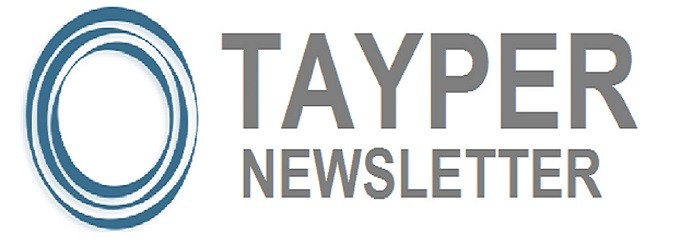
September Newsletter
Stink Bug Season is back Season Dates: The requirements to target goods shipped from the United States and Italy between 1 September 2017 and 1 April 2018 inclusive. Affected Ports: The mandatory measures apply to target cargo shipped from all ports in the United States, as well as any European ports which load cargo manufactured or stored in Italy after the commencement of the season. Goods: As per last season, new and used vehicles, vessels and high-risk machinery and parts are the target cargo for the mandatory measures. A table list of affected tariffs can be found on the Department of Agriculture website. More information on treatment and requirements during the season dates, please visit: http://www.agriculture.gov.au/import/industry-advice/2017/76-2017 http://www.agriculture.gov.au/import/before/pests/brown-marmorated-stink-bugs
Asbestos in Motor Vehicles – Obligation of importers In addition to our numerous past newsletters, we have received notification from CBFCA regarding the obligation of importers especially of vehicles and parts. “The Australian Border Force (ABF), Australia’s customs service, is reminding importers, especially of motor vehicles and parts, that Australia has zero tolerance for asbestos. Products with any level of asbestos regardless of age, are prohibited for import into or use in Australia. It is the responsibility of importers to ensure that imported goods do not contain asbestos. Since 2003, the Australian Government has prohibited the importation of goods that contain any asbestos, and placed a complete ban on the domestic manufacture and use of all types of asbestos and products containing asbestos. As part of the Government’s asbestos prohibition, the ABF actively targets products suspected of containing asbestos. Recently, the ABF has detected asbestos in a number of motor vehicles and parts, including brake pads and gaskets. Recent detections include a 1981 Chevrolet Corvette (brake pads, water pump and gasket), a 1963 For Falcon (gasket) and the brake pads of golf buggies, an electric scooter, a 1954 BAS Bantam motorcycle and a 1971 Mazda RX-2. It doesn’t matter how old the vehicle is, or what type it is – if we suspect it may contain asbestos, we will request assurances from the importer to ensure that it doesn’t. In a number of countries, there are few to no restrictions on the use and supply of asbestos. Local standards in some countries may even classify goods as ‘asbestos free’ when low levels of asbestos are actually present. Many products containing asbestos can be ordered on the internet and will often claim to be ‘asbestos-free’, even though they have some asbestos content. As a result, asbestos can be unintentionally and unknowingly imported into Australia, even in new products. Our activities are not designed to impose undue inconvenience or cost to importers. Targeting, stopping and testing high-risk goods is an important part of protecting importers and the wider community from the significant dangers of asbestos. We are also focused on ensuring importers are aware of their obligations so we can be assured the goods don’t contain asbestos before they reach Australia. Goods held at the border for asbestos testing can mean delays and significant costs to importers, including storage of the goods while testing is conducted. The potential for these additional costs can be reduced by ensuring your goods do not contain asbestos before they arrive in Australia. If you or your clients are importing goods, find out about the insurances you need and requirements for testing for asbestos at www.border.gov.au/asbestos.”
Container Weight Surcharges – Germany/Netherlands/Belgium to Australia Trade Please note, some shipping lines have made effective overweight surcharges for containers ex Germany, Netherlands and Belgium to Australia. If you have consignments to Australia from one of these European countries and have questions, please contact import@tayper.com.au
Reminder – New Timber & Timber Product requirements As per our newsletter sent out the 3/8 (http://www.tayper.com.au/timber-timber-products-new-requirements/) new requirements for importer who are importing timber and timber products (as a commodity – not timber packaging) comes into force on the 11th of September 2017. Please ensure your suppliers are aware of the new requirements and are providing the correct documentation to proceed with clearance. |

